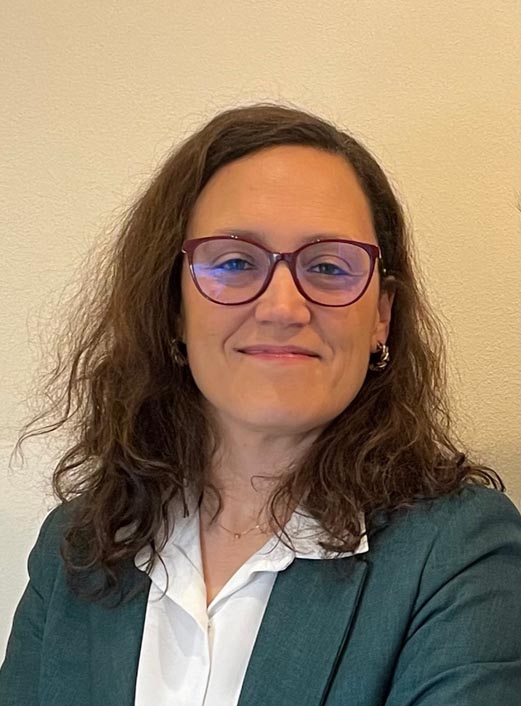Developed skills and lines of research
Mariagrazia Di Luca graduated in Biological Sciences from the University of Pisa in 2006. She later earned a PhD in Microbiology and Genetics in 2010 and specialized in Microbiology and Virology in 2015. Between 2010 and 2015, she was a postdoctoral researcher at the NEST Laboratory of the Scuola Normale Superiore in Pisa and the CNR-Nanoscience Institute, where she studied and developed antimicrobial peptides targeting bacterial biofilms.
In 2016, she moved to Berlin to work at the Charité University Hospital, where she managed scientific projects and the biofilm research laboratory of Prof. Andrej Trampuz. In Berlin, she studied bacteriophage-bacteria interactions within microbial biofilms and collaborated with infectious disease specialists on phage therapy for the first patients treated in Germany.
In 2019, she returned to Italy as a researcher at the University of Pisa, and as of October 2024, she is an Associate Professor in the Department of Biology. She is the author of more than 60 peer-reviewed international publications. Her research focuses primarily on developing innovative antibacterial strategies and phage therapy. She has collaborated on compassionate-use phage therapy treatments in Italy for patients with difficult-to-eradicate bacterial infections.
At the European level, she is a member of the EDQM (European Directorate for the Quality of Medicines) working group for drafting regulatory documents on phage therapy and a member of the EUCAST subcommittee for developing diagnostic systems for applying phage therapy. In Italy, she coordinates the working group on bacteriophages for the Italian Society of Microbiology (SIM). In cystic fibrosis research, her work focuses on studying interactions between phages and mycobacteria and applying phages to treat pulmonary infections.
Projects funded by FFC Ricerca as Principal Investigator or as Research Manager
FFC#6/2024
Development of phage therapy for treating Mycobacterium abscessus lung infections in people with cystic fibrosis

